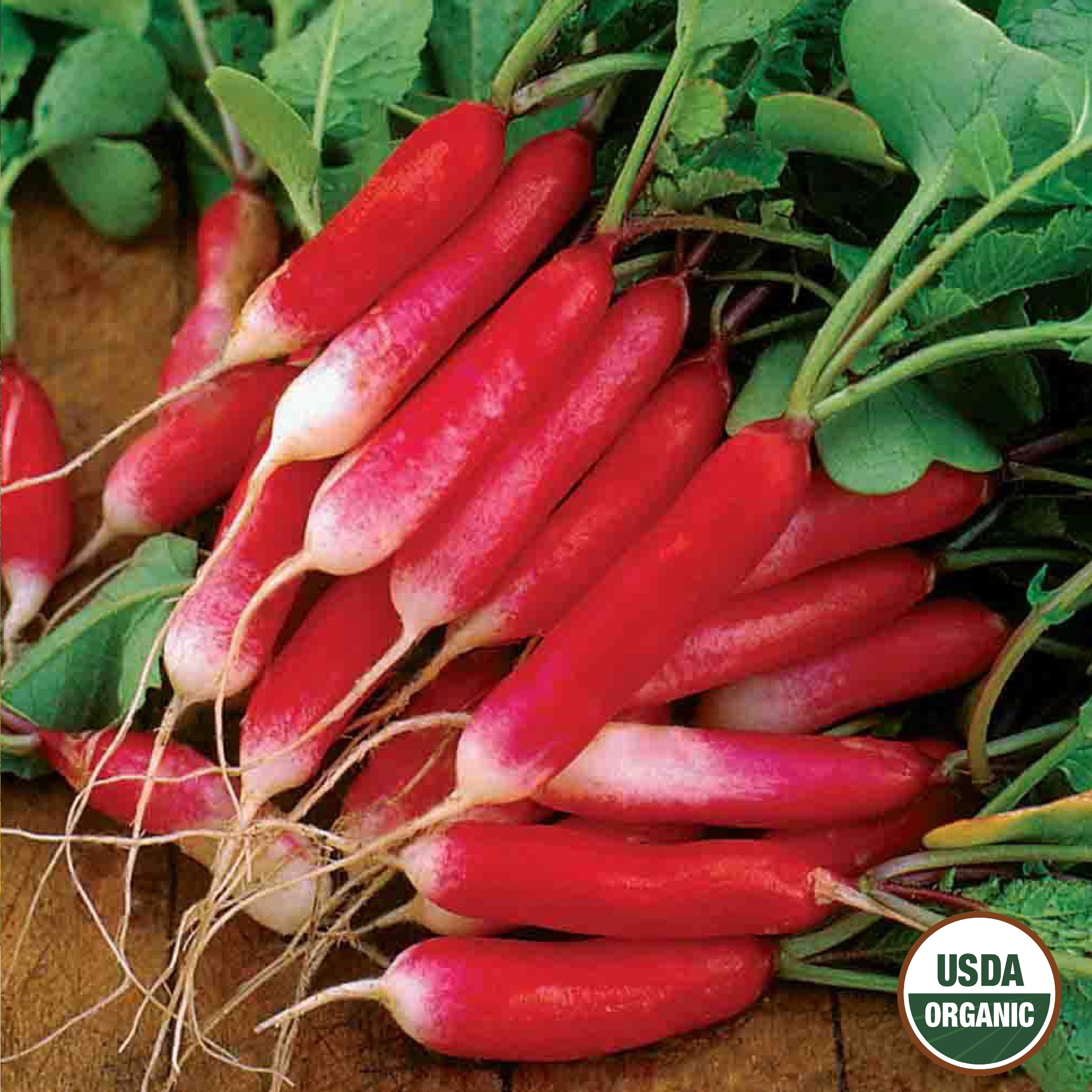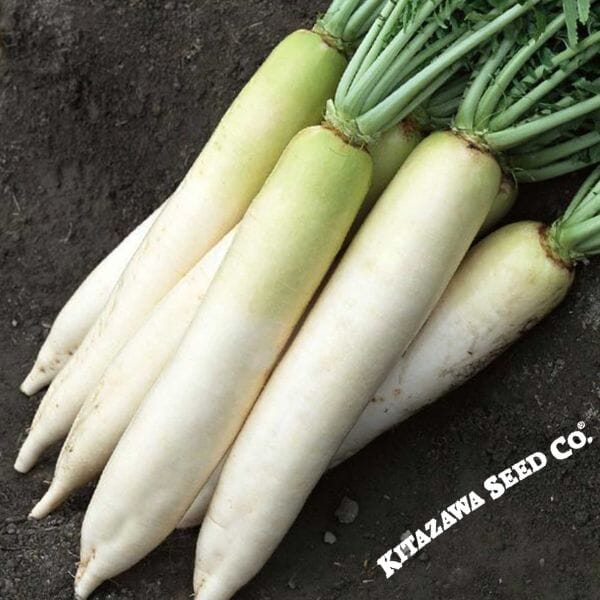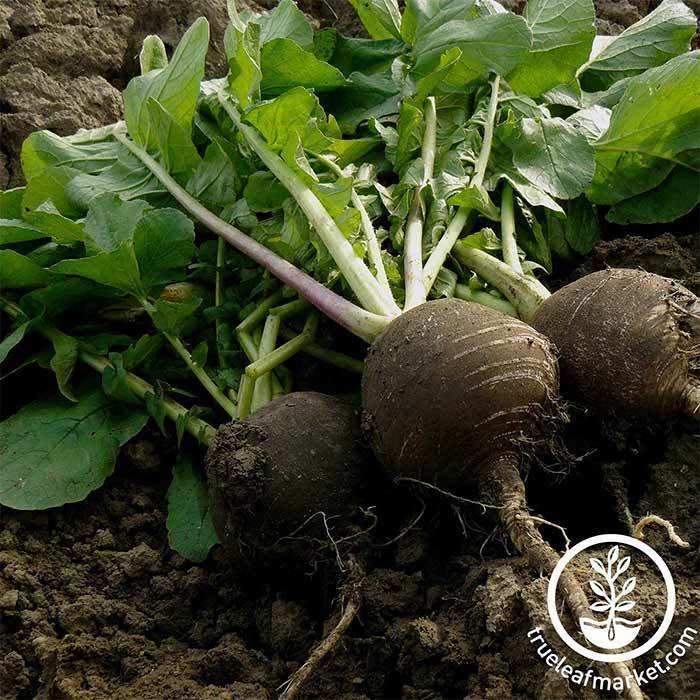7 vegetables to plant in August – options for fast harvests and pickings in the colder months ahead
Summertime sowings can reward with homegrown harvests in fall, winter and spring
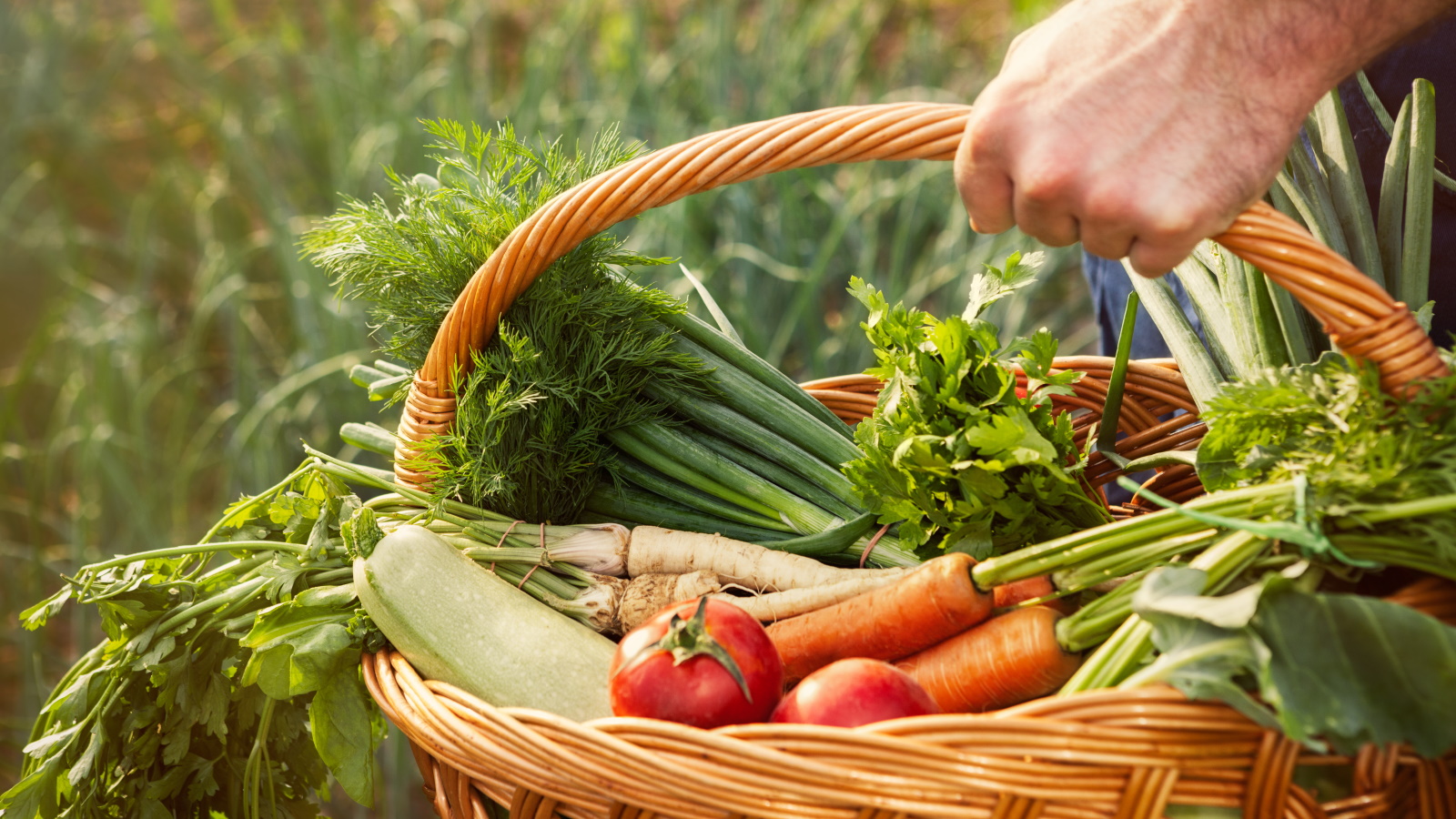

Growing vegetables is a year-round process, while summer is a time for rich pickings it is also a great opportunity to plant more vegetables so the homegrown harvests continue over the coming months.
It is ideal to plant vegetables as space appears in the vegetable garden. As one crop finishes, sowing or planting another keeps the plot highly productive and ensures no ground space is left bare for long.
There are fast-growing vegetables to plant in August that can quickly fill gaps and provide a speedy crop, while others are slower-growing but can give you homegrown harvests through the colder winter months and into spring.
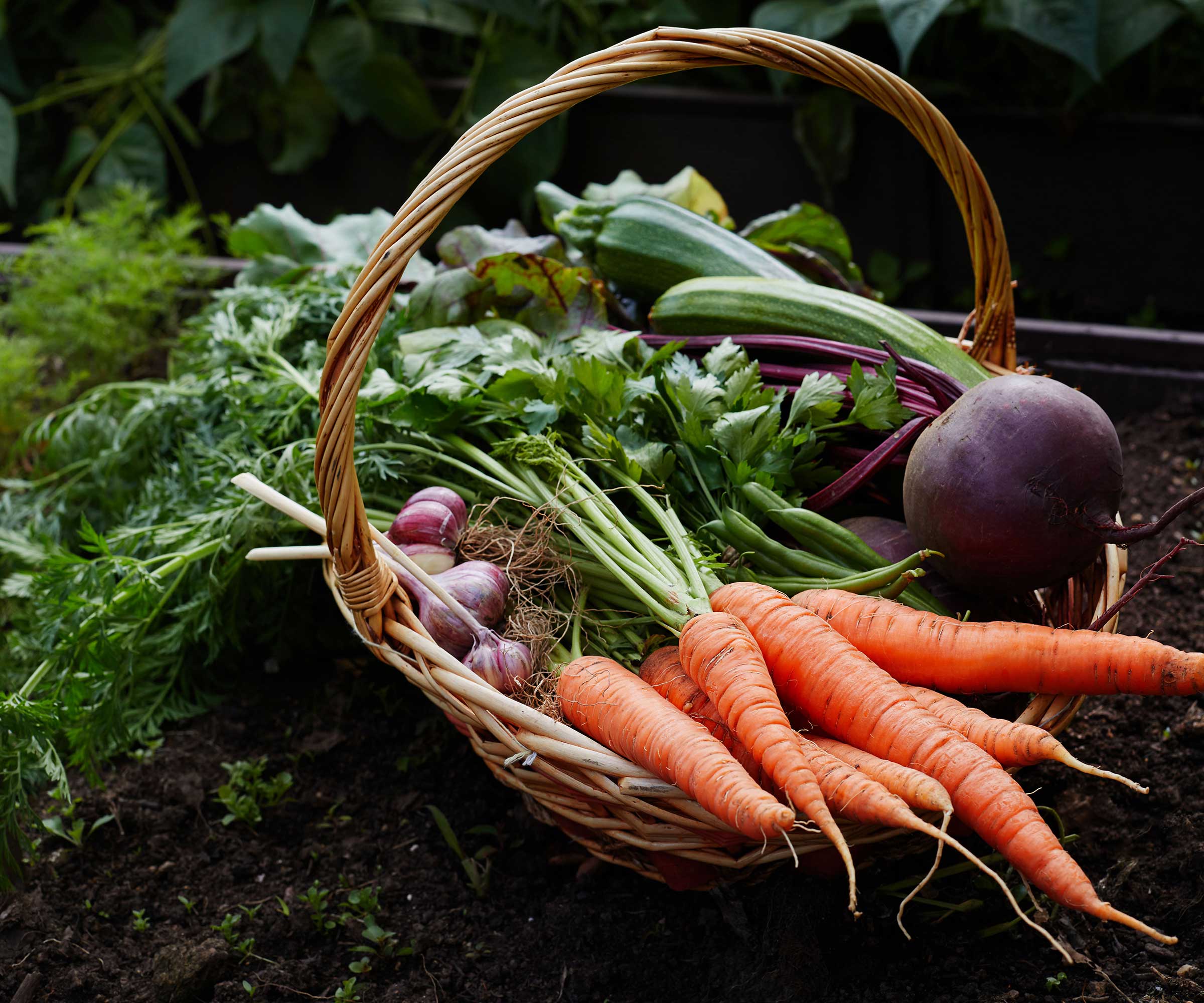
7 vegetables to plant in August
I grew vegetables year-round in several kitchen gardens in the UK, providing restaurants with delicious crops 12 months a year. August was a busy time for harvesting, however, it was also important to continue sowing and planting. Here’s a selection of the best vegetables to plant this month that can give you great homegrown harvests over the coming months.
1. Arugula
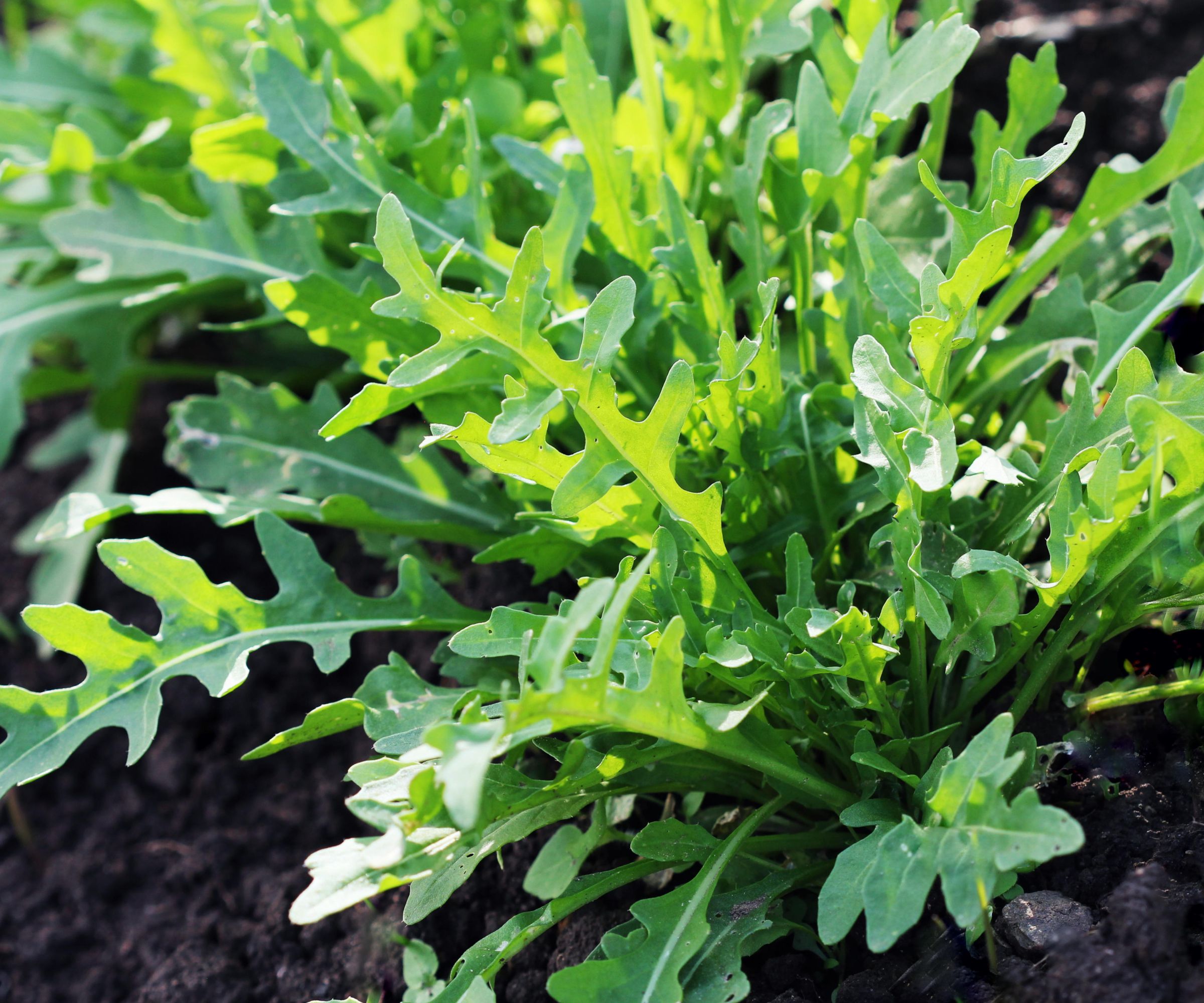
Arugula, rocket, roquette, or rucola - whatever you call it, this popular and fast-growing vegetable is ideal to sow this month. Sowing arugula in August means you can have spicy leaves for salads during the fall months, or longer if you use fleece or cloches to protect plants from frost.
Sow seeds thinly in rows 12 inches apart and cover with a half-inch of soil. Keep the seeds moist and arugula will germinate within a couple of weeks.
This speedy crop can potentially give you a first harvest of arugula leaves in as little as a month from sowing. Either pick individual leaves or cut the entire plant to harvest. Treating it as a cut-and-come-again crop means the younger leaves in the center of the plant continue to grow and you get a long succession of harvests.
The 'Roquette' variety of arugula, available at Burpee, prefers cooler weather and can be harvested within 35 days of sowing.
2. Chicory
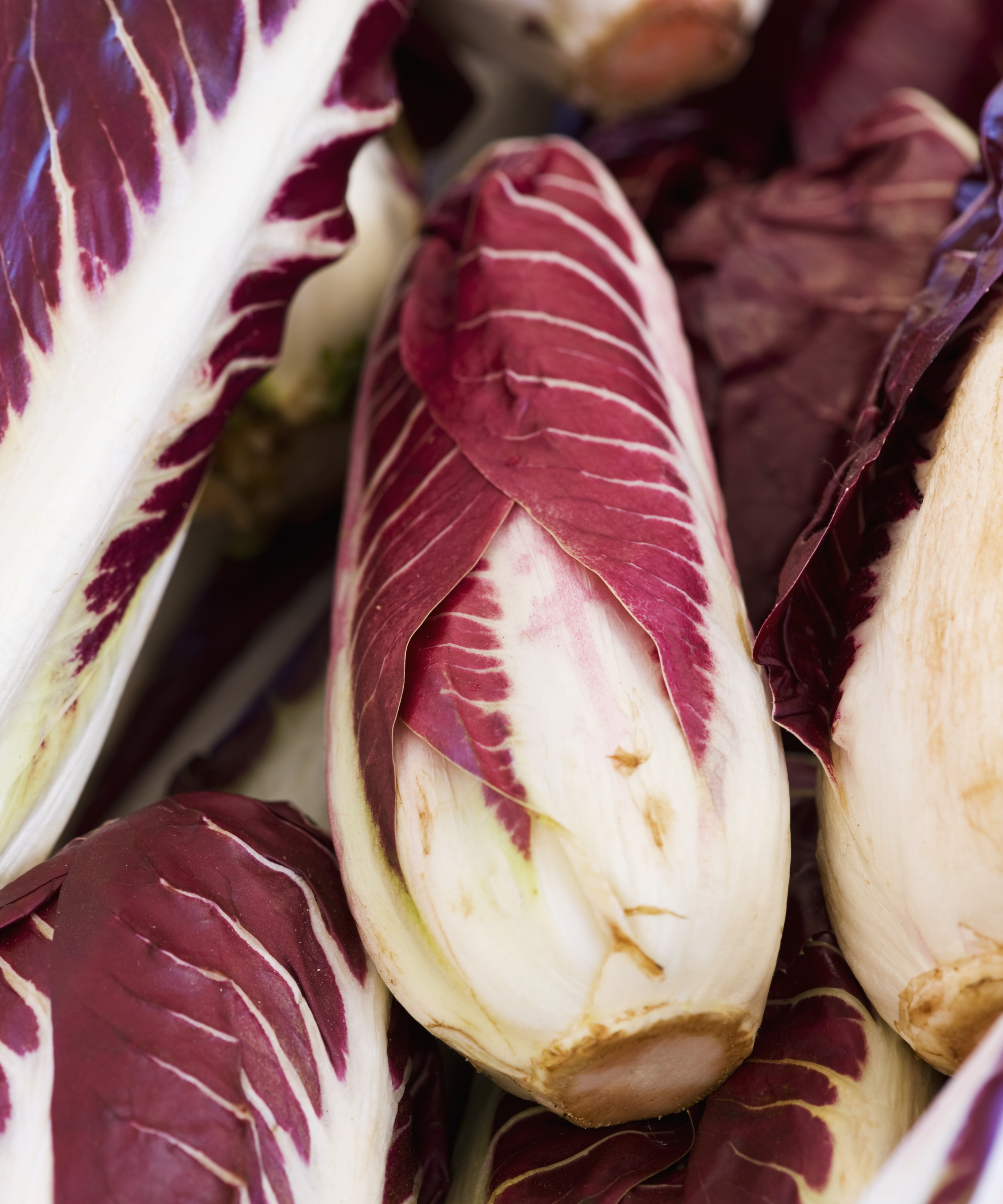
Chicory, or endive, has an acquired taste thanks to its bitter leaves. There are three types of chicory, radicchio (also known as red chicory), sugarloaf, and witloof (known as forcing chicory).
Hardy types of chicory can be sown in August to be eaten raw or cooked. Radicchio and sugarloaf - non-forcing types of chicory - can be sowed in midsummer to provide harvests in the colder months.
Sow the seeds in rows 12 inches apart into fertile, well-draining soil and thin seedlings to 12 inches apart as they germinate. Watering is important to prevent plants from bolting and avoid leaves getting even more bitter.
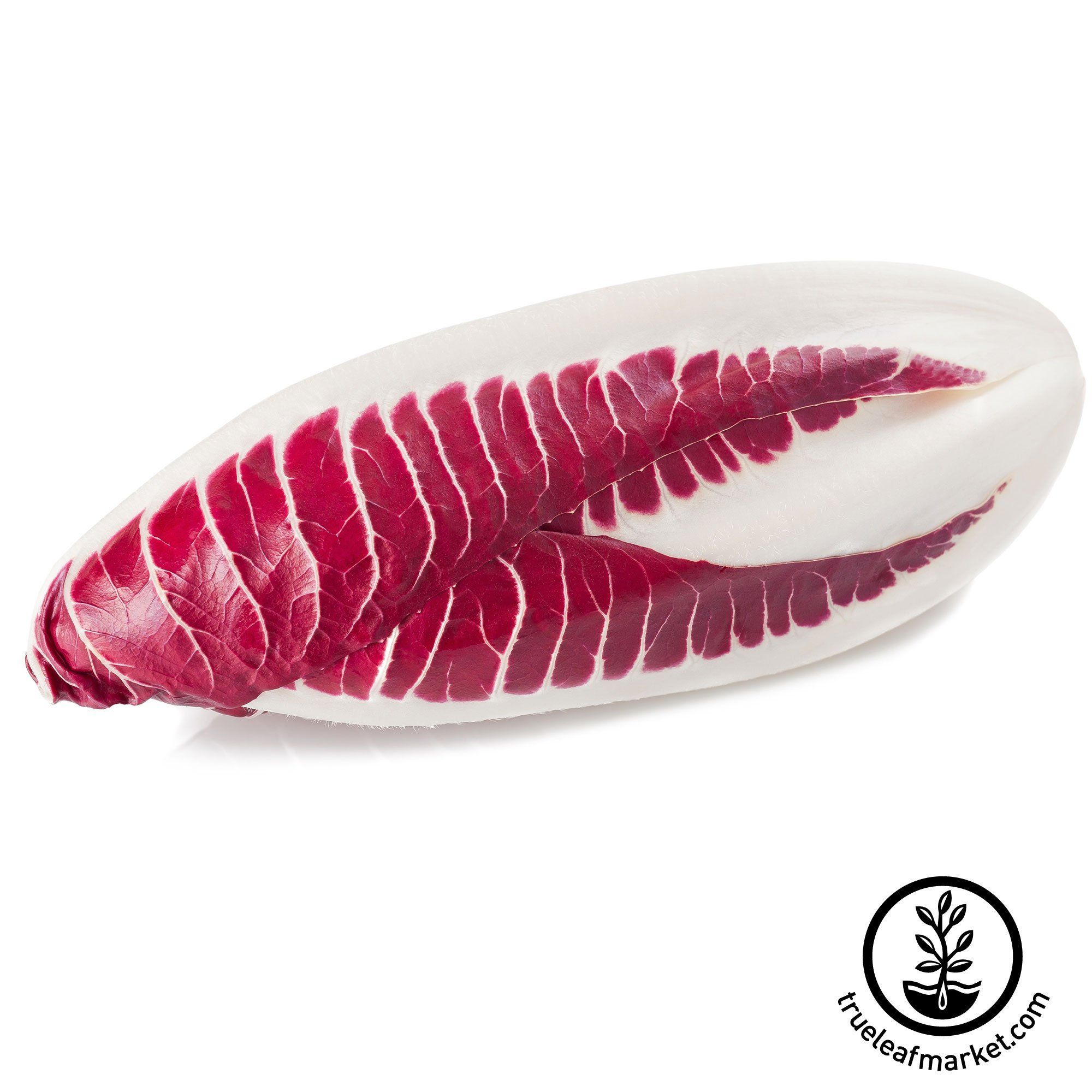
Red Treviso chicory originates from Treviso, Italy. Leaves are green in the summer and gain dark red color in cool weather. Leaves are typically red with white stripes and stems when they are harvested.
3. Corn salad
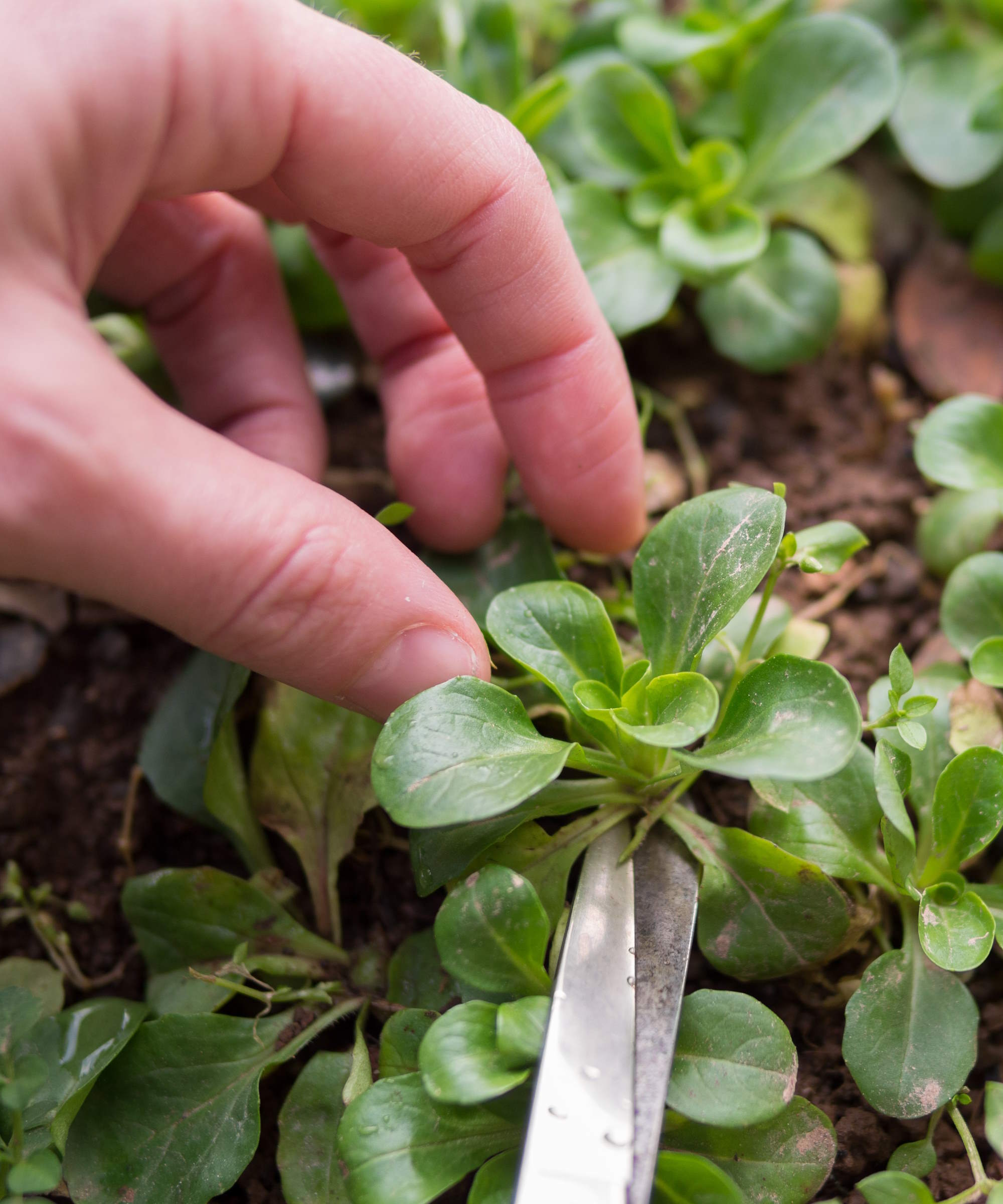
It may be warm and sunny in August, however, it is never too early to start thinking of planting vegetables that can give you harvests in the colder months. That is where cold hardy leaves like corn salad and winter purslane come to the fore.
Corn salad produces leaves with a nutty flavor and the plants are cold hardy, capable of being harvested throughout the winter - especially if you pick them as a cut-and-come-again crop by picking individual outer leaves.
As they are fast-growing they are best sown in situ into shallow drills 4-6 inches apart. You can get different varieties of corn salad, but the smaller-leaved types are regarded as the hardiest. A good example is this corn salad, available at Burpee, that is great for fall and spring harvests.
Corn salad can be grown throughout late summer and fall outside in a vegetable garden, with later sowings able to be done indoors as it is a fantastic crop to grow in a greenhouse in the fall.
4. Green onions
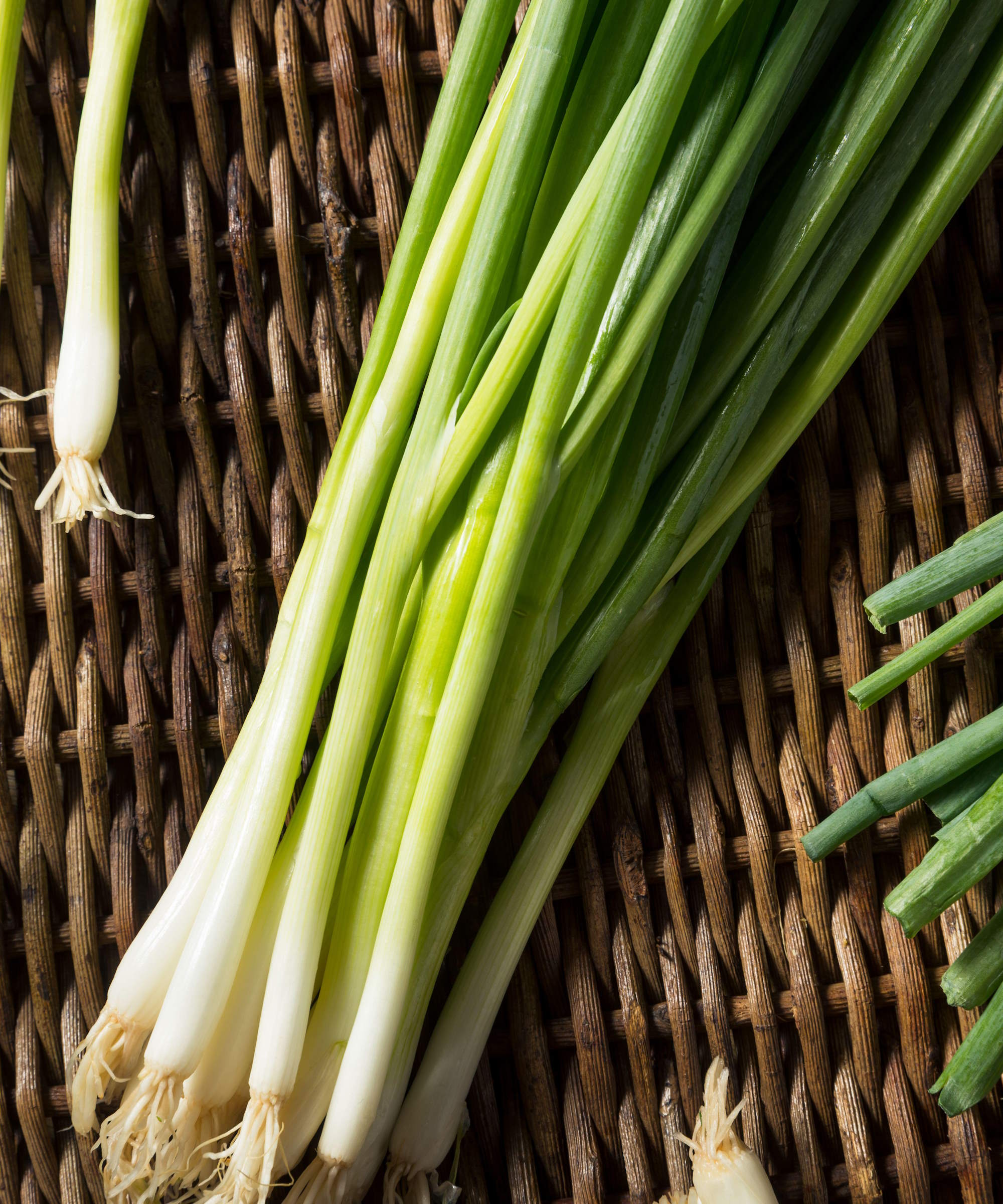
Green onions are a particular type of onion grown for their stems that have a mild onion flavor - and are also often referred to as spring onions or scallions. Green onions can be sowed in August to provide harvests in spring.
Use cold hardy cultivars, such as ‘White Lisbon’ available at Burpee, for success with midsummer sowings or sow the crop undercover to overwinter. Sow seeds thinly into drills 12-18 inches apart.
Sowings of green onions undercover in a greenhouse or cold frame can provide harvests during winter, though outdoor sowings will be ready to harvest come spring.
5. Kohlrabi
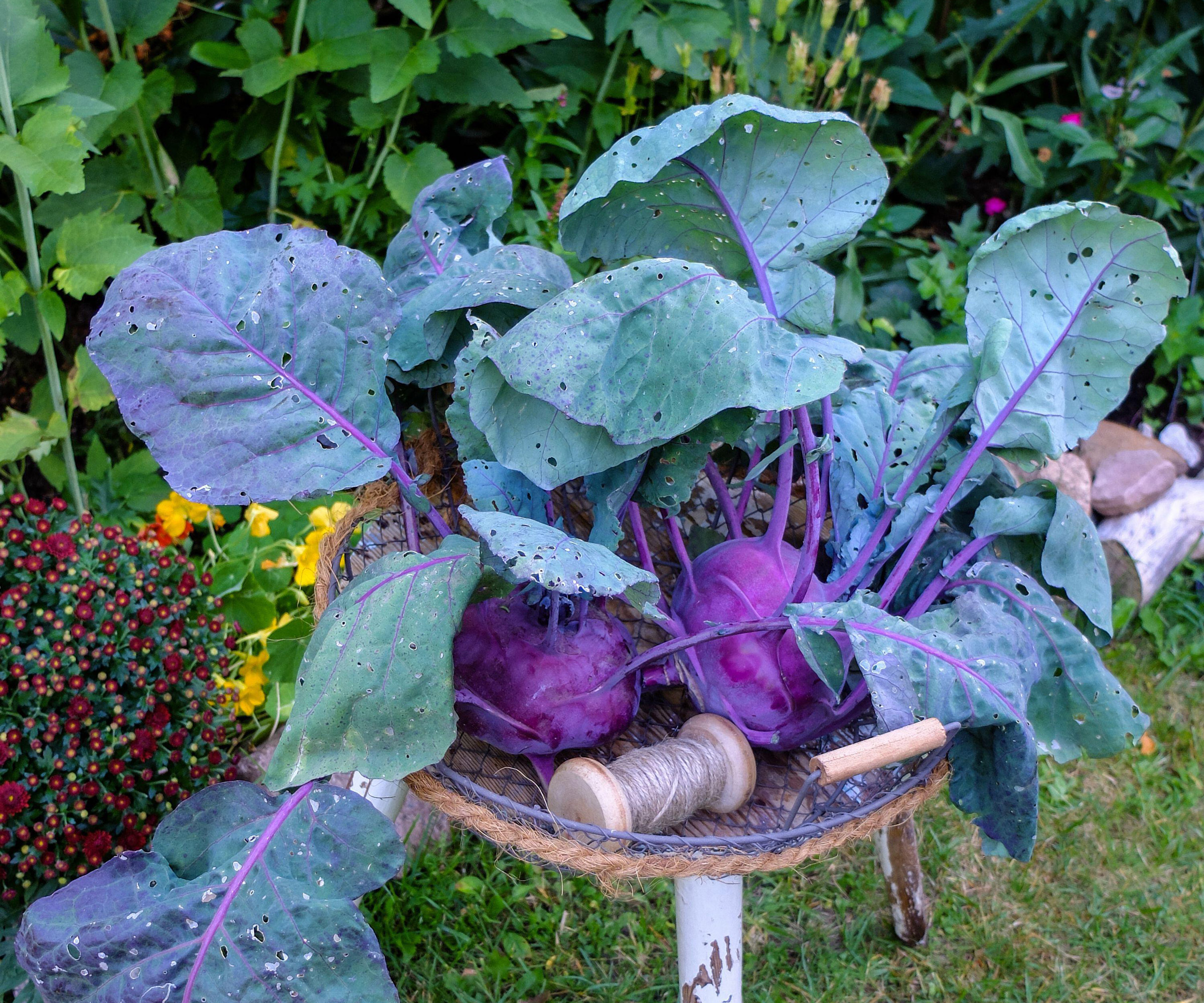
Growing kohlrabi is becoming increasingly fashionable, as the crop is quick to grow and can be eaten raw or cooked in a variety of ways. These unusable vegetables are grown for their swollen stems, though they are often referred to as bulbs, and can go from sowing to harvesting in around eight weeks.
Kohlrabi can be sown over a long period, from February through to August, and sowing seeds outdoors this month can provide a harvest of kohlrabi stems come October and November.
Sow kohlrabi seeds thinly in rows half an inch deep and cover with a thin layer of soil. Keep the seeds moist to ensure germination and thin seedlings to 8-12 inches apart as they develop. The vegetables will take 50-70 days to reach maturity and want to be harvested when the stems are 3-4 inches in diameter.
See the range of kohlrabi seeds available at True Leaf Market
6. Lettuce
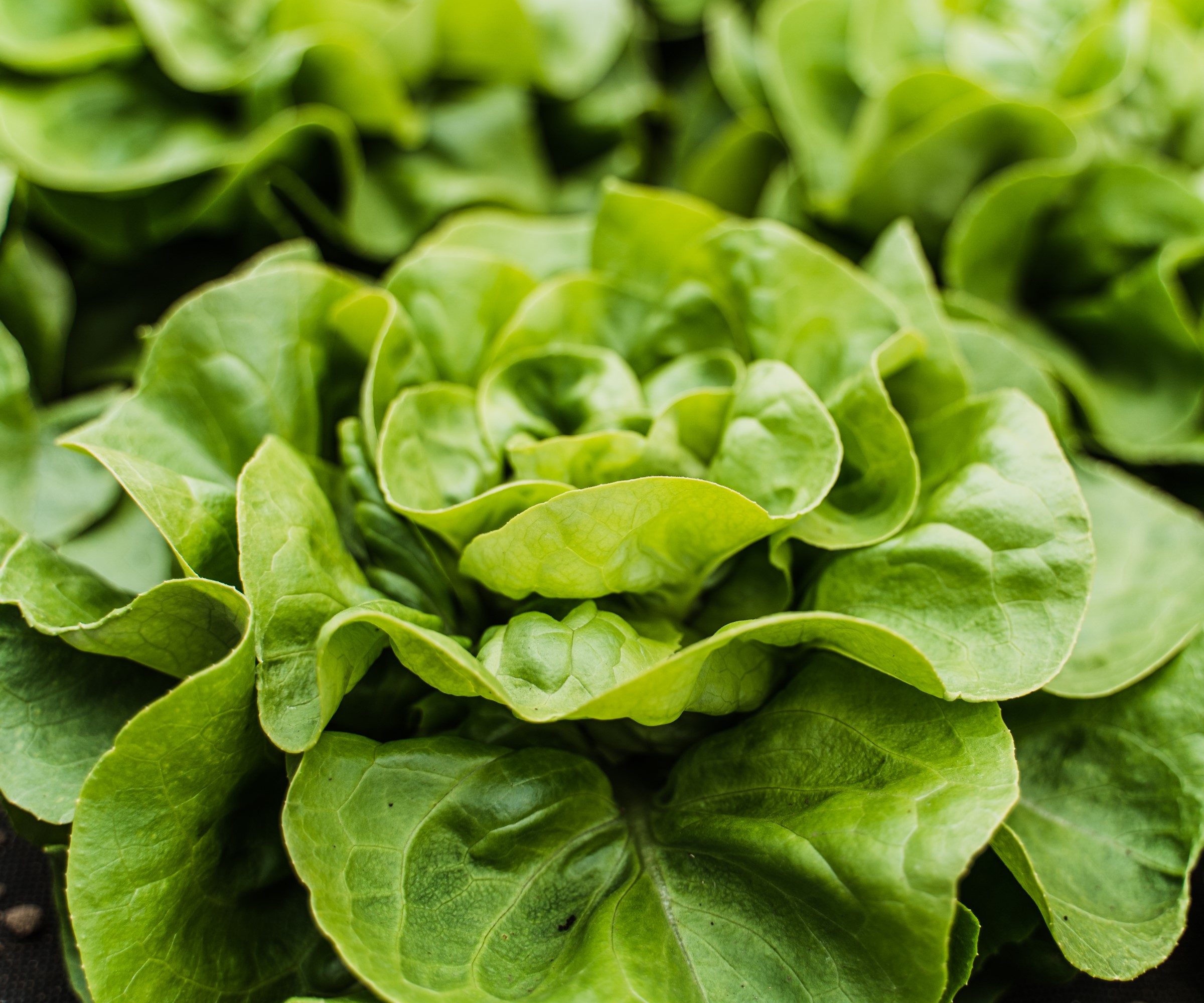
Lettuce is a fast-growing vegetable that can give you harvests within 4-6 weeks, depending on the variety.
Planting lettuce seeds in August can give you leaves to crop into fall and beyond. Succession planting of lettuces that tolerate cold temperatures can give you harvests well into the colder months. Covering plants with a cloche or horticultural fleece ahead of the temperatures dropping will keep plants protected and provide harvests of lettuce leaves.
Sow seeds outdoors where they are to grow in a sunny spot with fertile and well-draining soil. Alternatively, lettuce seeds can be started indoors to reduce the risk of slugs or snails nibbling seedlings as they develop. As well as ideal for beds and raised beds, growing lettuce in pots can provide fall harvests on a deck, patio, or balcony.
See the wide range of lettuce seeds available at Burpee
7. Radish
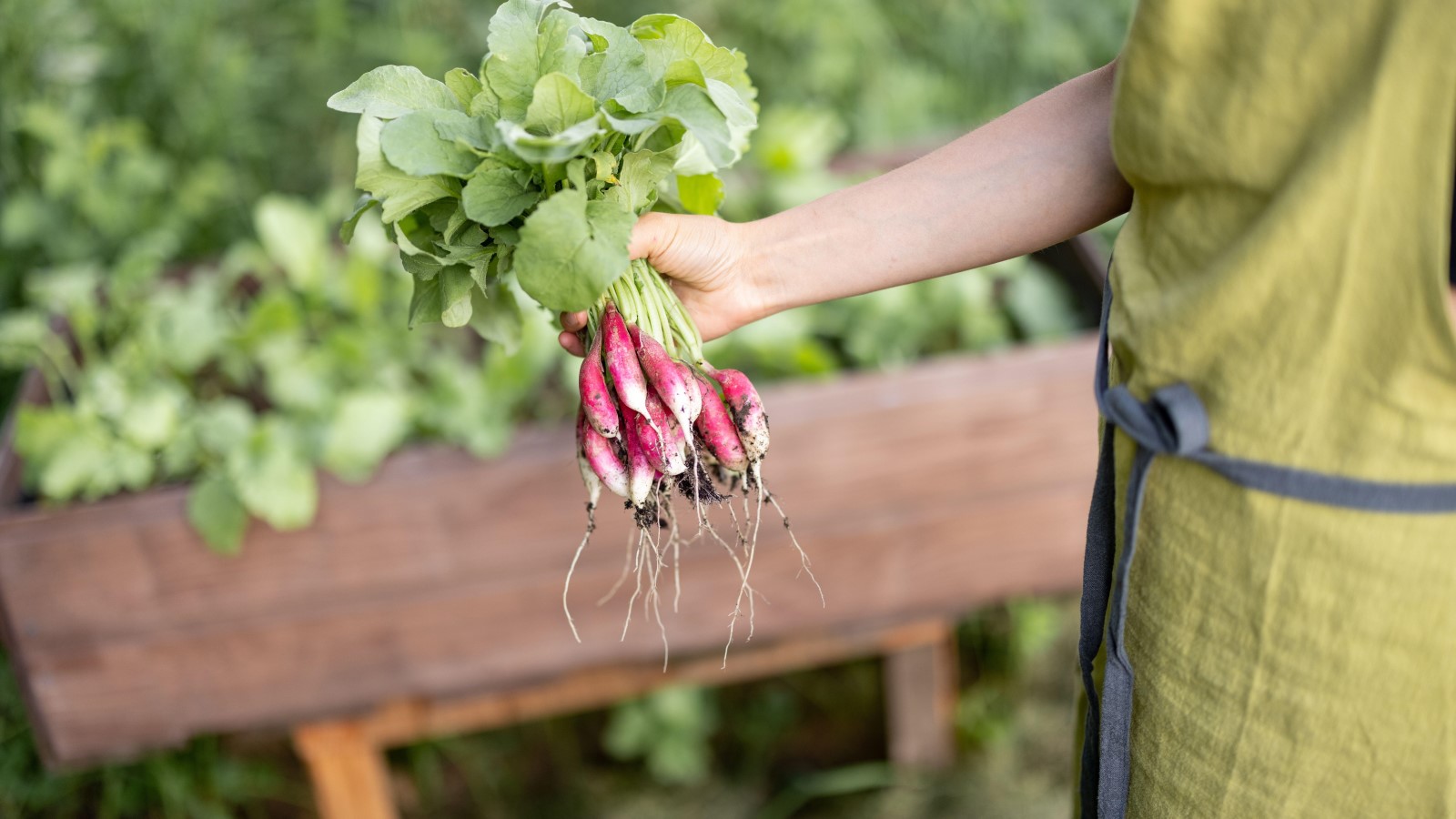
Radishes are a classic vegetable for summer salads and fast-growing varieties can be sown from spring onwards. August is a great time to plant radishes, it offers the last window to sow summer radishes and is also an ideal time to plant winter radishes.
Fast-growing summer types, like the favorite ‘French Breakfast’, can be ready 20-30 days from sowing. Sow the seeds thinly in drills 4-6 inches deep and thin to two inches apart.
Winter radishes, such as ‘Black Spanish Round’ and ‘Daikon’ radishes, grow larger and the drills should be 12 inches apart and seedlings thinned to six inches. Both types of radishes can be grown in pots or raised beds too.
Shop radish seeds
FAQs
Can I sow carrots in August?
It is late in the year to grow carrots, however, you can sow the crop at the start of August and get a carrot harvest before the frosts arrive. If you want to plant carrots this month, it is best to pick fast-growing varieties or unique and speedy round-shaped carrots - such as these Parisian Carrot seeds available at True Leaf Market. These shorter types of carrots grow quickly and are suitable for heavy soils or growing carrots in containers.
Can I sow broccoli in August?
It is too late to sow broccoli seeds this month. If you still want to grow broccoli this year, you will find young plants at garden centers, nurseries, or online that can be planted in August to provide a harvest in fall and winter. Calabrese are the fastest growing types of broccoli, they are best suited to being planted in August and give you a harvest of broccoli around 60 days after planting. You can get calabrese broccoli seeds at Burpee.
The list doesn’t end there - a number of other vegetables can be sowed in August to give you harvests throughout fall, winter, and into spring. Your sowing planner for this month can also include spring cabbages, turnips, Swiss chard, pak choi, and mizuna.
While you are adding seeds to a sowing schedule for August, why not add some of the best flowers to sow in August too. That potential list includes larkspur, nigella, calendula, and snapdragons.
Sign up to the Homes & Gardens newsletter
Design expertise in your inbox – from inspiring decorating ideas and beautiful celebrity homes to practical gardening advice and shopping round-ups.

Drew’s passion for gardening started with growing vegetables and salad in raised beds in a small urban terrace garden. He has worked as a professional gardener in historic gardens and specialises in growing vegetables, fruit, herbs, and cut flowers as a kitchen gardener. That passion for growing extends to being an allotmenteer, garden blogger, and producing how-to gardening guides for websites. Drew was shortlisted for the New Talent of the Year award at the 2023 Garden Media Guild Awards.
-
 Go guilt-free – I'm a professional home organizer and these are the 5 decluttering rules I urge you to break
Go guilt-free – I'm a professional home organizer and these are the 5 decluttering rules I urge you to breakDitch the rules for stress-free declutter
By Orna Fathers
-
 This ultra-tiny 'luxury villa' is sold on Amazon – estate agents say this unconventional, pre-assembled home is more than a novelty
This ultra-tiny 'luxury villa' is sold on Amazon – estate agents say this unconventional, pre-assembled home is more than a novelty'Tiny homes are more than a trend. They’re part of a bigger conversation about how we live' – this foldable house is one of many shaping 2025's real estate industry
By Megan Slack
